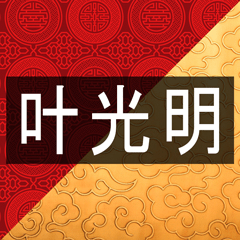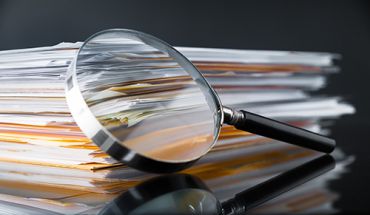The Director's Blog
China’s Social Credit System
China has introduced a “social credit system”. The target of this system is “to give each of China’s 1.4 billion citizens a personal credit score. The social credit system assigns both positive and negative scores for individual or corporate behaviour in an attempt to pressure citizens into behaving. The Chinese government has built up a data-driven system which automatically generates ratings for each Chinese citizen, business and authority based on whether the government and their fellow citizens consider them trustworthy.” The system is expected to be fully in place by 2020, but is already partially working.
The general reaction inside China at this initial stage seems to be favourable, with Chinese citizens feeling it brings security and ‘trustworthiness’ to them because bad citizens and companies should be revealed and restricted.
Recently Hong Kong’s South China Morning Post gave an analysis. “Millions of Chinese individuals and businesses have been labelled as untrustworthy on an official blacklist banning them from any number of activities, including accessing financial markets or travelling by air or train … Over 3.59 million Chinese enterprises were added to the official creditworthiness blacklist last year, banning them from bidding on projects, accessing security markets, taking part in land auctions and issuing corporate bonds.”
“This ‘untrustworthy conduct’ of individuals and businesses also includes charges of swindling customers, failing to repay loans, illegal fund collection, false and misleading advertising, as well as uncivilised behaviour such as taking reserved seats on trains or causing trouble in hospitals”… Also included were “provocations on flights, attempting to take a lighter through airport security, smoking on a high-speed train, tax evasion and failing to pay fines, employers who failed to pay social insurance, those who spread false information about terrorism.
The results are punishing. “About 17.46 million ‘discredited’ people were restricted from buying plane tickets and 5.47 million were restricted from purchasing high-speed train tickets… Besides restrictions on buying tickets, local authorities also used novel methods to put pressure on untrustworthy subjects, including preventing people from buying premium insurance, wealth management products or real estate, as well as shaming them by exposing their information in public.”
Certainly there are positive results of the system as “a total of 3.51 million untrustworthy individuals and entities repaid their debts or paid off taxes and fines last year due to pressure from the social credit system.”
But there are serious negatives: “Lawyers worry that the accelerated use of the creditworthiness system will violate an individual’s right to privacy… Many people cannot pay their debt because they are too poor but will be subject to this kind of surveillance and this kind of public shaming. It violates the rights of human beings.’”
But the biggest issue is how far the system will be taken. Could attendance at church or a house group, monitored by China’s 400 million surveillance cameras, result in Christians being given drastically low credit ratings with all the ‘punishments’ that will bring to them?
Source: South China Morning Post
Pray that the social credit system will not be used to harm Christian believers or restrict their attendance at Christian meetings.
Pray that the system would be used only to bring security and law-abiding attitudes to China’s citizens.

